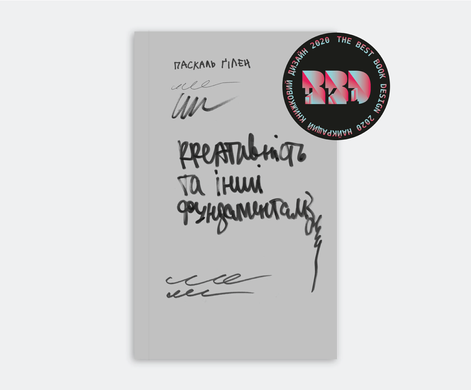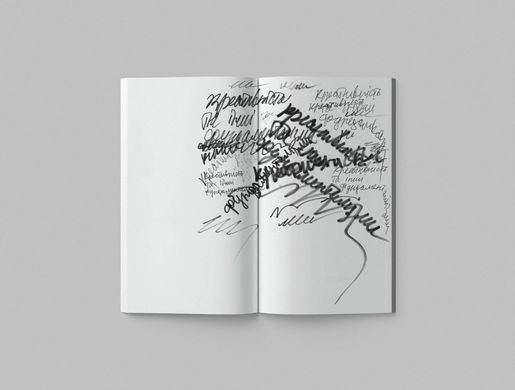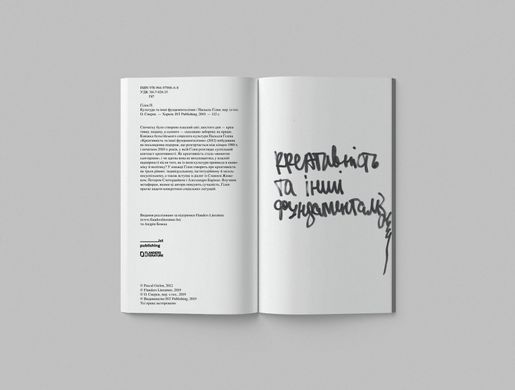First, a flat world was created, on the sixth day - a creative person, and on the seventh - the ban on work was lifted. Belgian cultural sociologist Pascal Guillen's book Creativity and Other Fundamentalisms (2012) is structured as an eight-day journey between the late 1980s and early 2010s, in which Guillen examines the social context of creativity. How did creativity become a "requirement of today" and is it able not to emasculate itself in its own excess after it penetrated from the field of culture into economy and politics?
In the book, Gilen talks about creativity at three levels: individual, institutional and societal, and also engages in dialogue with Slavoj Žižek, Peter Sloterdijk and Alessandro Baricco. To the apt metaphors with which these authors describe modernity, Gillen strives to give specifics of social situations.
"Creativity" is today's demand. Not only artists, but also business managers and political leaders are encouraged to attend. Even family therapists and conflict specialists advise to look for more creative solutions. In today's world, creativity is synonymous only with positive morality. They expect only positive things from her. However, what will be left of meaning if everyone emasculates it like this? And where did this hunger for creativity come from? Doesn't that fact indicate, first of all, that we are slowly losing her, the real one?" (fragment of the foreword by Pascal Guillen)










